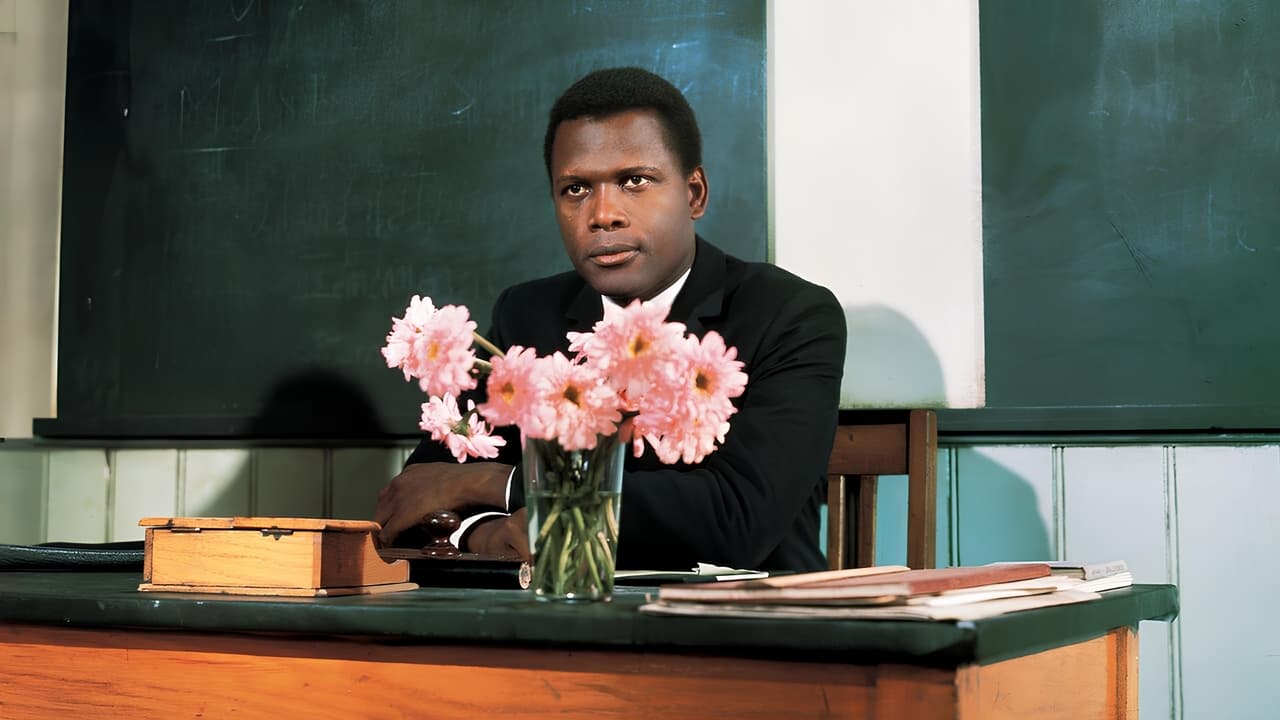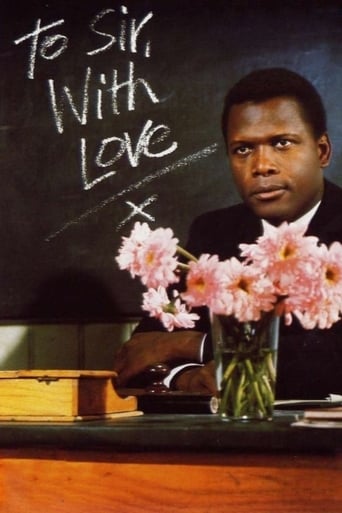Bardlerx
Strictly average movie
CommentsXp
Best movie ever!
Invaderbank
The film creates a perfect balance between action and depth of basic needs, in the midst of an infertile atmosphere.
Nayan Gough
A great movie, one of the best of this year. There was a bit of confusion at one point in the plot, but nothing serious.
emanning-2
Braithwaite was born in Georgetown, Guyana, on June 27, 1912.[1][2] He had a privileged beginning in life; both of his parents went to Oxford University and he describes growing up with education, achievement, and parental pride surrounding him. His father was a gold and diamond miner and his mother was a homemaker.[3] He attended Queen's College, Guyana, and then the City College of New York (1940). During World War II, he joined the Royal Air Force as a pilot – he would later describe this experience as one where he had felt no discrimination based on his skin color or ethnicity. He went on to attend the University of Cambridge (1949), from which he earned a bachelor's degree and a doctorate in physics.[4] After the war, despite his extensive training, Braithwaite could not find work in his field and, disillusioned, reluctantly took up a job as a schoolteacher in the East End of London. The book To Sir, With Love (1959) was based on his experiences there.[5][6] It won an Anisfield-Wolf Book Award.[7] While writing his book about the school, Braithwaite turned to social work and it became his job to find foster homes for non-white children for the London County Council. His experiences resulted in his second novel Paid Servant (1962).Braithwaite's numerous writings have primarily dealt with the difficulties of being an educated black man, a black social worker, a black teacher, and simply a human being in inhumane circumstances. His best known book, To Sir, With Love, was made into a 1967 film, To Sir, with Love, starring Sidney Poitier, and adapted for Radio 4 in 2007 starring Kwame Kwei-Armah.[8] Paid Servant was dramatized on Radio 4 the following year, again with Kwei-Armah in the lead role. His 1965 novel Choice of Straws was dramatized in Radio 4's The Saturday Play slot in September 2009.In 1973, the South African ban on Braithwaite's books was lifted and he reluctantly applied to visit the country. He was granted a visa and the status "honorary white" which gave him significantly more privileges than the indigenous black population, but less than the whites. He recorded the experiences and horror he witnessed during the six weeks he spent in South Africa in Honorary White (London: The Bodley Head, 1975).Braithwaite continued to write novels and short stories throughout his long international career as an educational consultant and lecturer for UNESCO, permanent representative to the United Nations for Guyana, Guyana's ambassador to Venezuela, and academic. He taught English studies at New York University; in 2002, was writer-in-residence at Howard University, Washington, D.C.; associated himself with Manchester Community College (Connecticut), during the 2005–06 academic year as visiting professor, also serving as commencement speaker and receiving an honorary degree.[9] He turned 100 in June 2012.[10] Braithwaite lived in Washington, D.C..[11] He died on December 12, 2016 at the age of 104.[12]
FilmCriticLalitRao
British film 'To Sir with love' is set in a poor school located in east London where a substitute teacher comes to replace his colleague who has left the school. The new teacher is absolutely determined to make some difference in the lives of school children. He is somewhat saddened to hear negative remarks about children from his school colleagues. Although he witnesses a lot of discipline related issues at the school, he is able to put some sense in the minds of students who end up becoming "responsible adults". While watching 'To Sir with love', viewers would clearly observe that the white kids from London's poor neighborhoods do not have any special problems in accepting a black person as their teacher. Hence the issue of racism does not arise. This film makes a sad commentary about the people who would like to choose teaching profession for all the wrong reasons in the world. One should not treat teaching profession as a temporary job which can be done while one's search for another lucrative position is under way. American actor sir Sidney Poitier dazzles as Mr. Thackeray- a teacher who is able to win students' love and affection by treating them as equal as well as respecting them. He does not favor them openly but he is aware of their importance too. The social relevance of this film continues to be felt as keenly as ever due to the fact that English schools are still extremely unruly where students make a lot of noise.
SnoopyStyle
Mark Thackeray (Sidney Poitier) is an unemployed engineer from British Guiana originally and a few years in California. Unable to get an engineering job, he reluctantly takes a teaching job at the North Quay Secondary School in the lower class East End neighborhood of London. His class is compose of some of the worst rejects from other schools.The cockney accent is quite thick but the movie is mostly understandable. Poitier is doing his stoic acting with some flashes of power. The kids are generally nice looking trying to act tough. None of them has any real edge especially compared to modern movies. It may actually be the idea that these are good kids trying to be bad. It plays more like a less intense sentimental movie. The song is great though. I don't want to say the movie is too soft. Just by having Poitier, the race issue is being dealt with. The main thing is that Poitier is never truly outmatched by the kids. He projects so much presence that the kids don't have anything equal to him.
Robert J. Maxwell
Sidney Poitier, doing just fine as usual, is a teacher assigned to a rough gang of kids in an Enblish working-class school. They hate him. Not because he's black, though that fact figures in a few off-hand insults, but because he's a toff. He speaks proper English and dresses in suits and ties and he knows stuff -- like the girls' bouffant hair styles are 2,000 years old. He takes them to museums to prove it. He shows them that there's more to a salad than just a couple of leaves of wilted lettuce, which is an advance over the culinary skills of my ex spouse. I once tried to show her how to boil an egg. The resulting scuffle became a scandal but I thought Fox News went a little too far in labeling it "Hard-Boiled-Egg-Gate".These ructious British kids are user friendly. Not like Poitier's earlier effort, "Blackboard Jungle," where they threw baseballs at the teacher and beat hell out of him in an alley. Here, their English equivalents are just noisy and irreverent. Potier straightens them out in the course of the film. One of the students, the delectable blond Judy Geeson, develops a crush on him, but the suave, knowing, and sympathetic teacher knows how to solve that problem too. "Turn him to any cause of policy, The Gordian Knot of it he will unloose, Familiar as his garter" The film oozes a savory sentimentality. It's like a fairy tale with a happy ending. The best part is that we know the happy ending is coming, so we can allow ourselves an anxiety jag, as if we weren't quite sure. Watching the kids mature under "Sir's" guidance is like attending a religious ritual, a fixed point in a changing and disappointing universe. And what a climax -- with Poitier and the adoring Judy Geeson dancing 1960's style to the theme song.The theme song, "To Sir, With Love," by I guess Ron Grainer, was a popular tune on the period hit parade. At the time it was just another pop tune. But listening to it today, the inventiveness of the melody, the intricate rhyming lyrics, the purity and clarity of the vocalist's voice -- she seems to have flawless control over her slow vibrato -- it just rouses our awareness of the decline in vernacular music since then, unless you can't get enough of electronic percussion, anger, and rhymes that don't quite rhyme.Sure, the film is laden with devices that are designed to engage the viewer's emotions. But at least the emotions are among those that have traditionally been considered positive. If it were remade today, I wonder if the students would turn out to be vampires, invade Poitier's home, wrench off his head, and suck the blood out of his neck cavity with straws. God, we've become desensitized to the point of insensibility.

